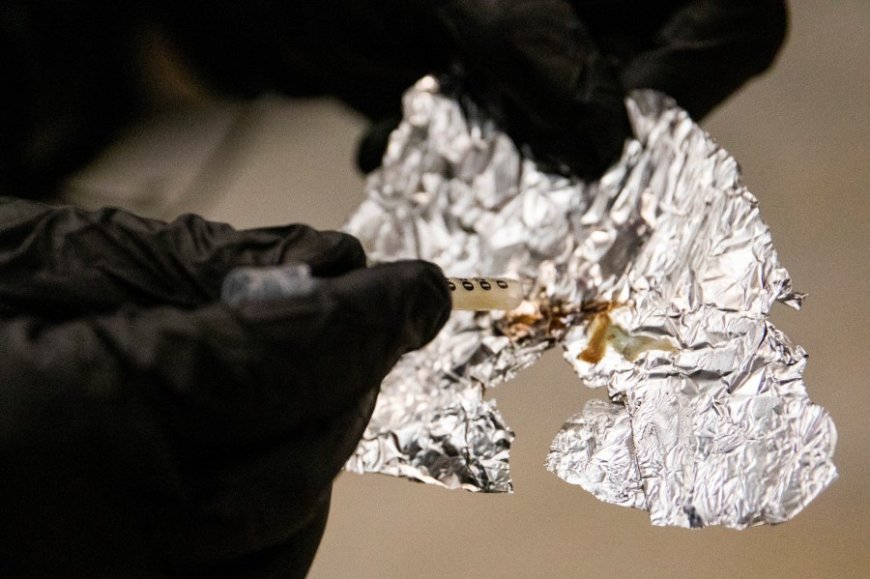Oregon's drug decriminalization law expires
Oregon’s 2020 drug decriminalization law expired Sunday, ending the first-in-the-nation experiment that made possession of small amounts of hard drugs punishable by a ticket and maximum $100 fine. As of Sunday, possession of personal-use quantities of illicit drugs will be a misdemeanor, punishable by up to six months in prison. The new law, passed in...

Oregon’s 2020 drug decriminalization law expired Sunday, ending the first-in-the-nation experiment that made possession of small amounts of hard drugs punishable by a ticket and maximum $100 fine.
As of Sunday, possession of personal-use quantities of illicit drugs will be a misdemeanor, punishable by up to six months in prison.
The new law, passed in March, recriminalizes drug use and makes it easier for police to combat public drug use, introducing harsher penalties for those selling drugs in parks.
The new law also overhauls the 2020 ballot measure, which 58 percent of Oregon voters approved in November 2020, as a novel approach to dealing with issues in the criminal justice system, while trying to get drug addicts the treatment they needed.
Supporters of the decriminalization law argued prison was not an effective way of curbing drug abuse and called for treatment as a response instead.
The 2020 effort redirected hundreds of millions of dollars the state generated in cannabis taxes to addiction services.
But state auditors found the system was not equipped to get new addiction programs up and running — especially as the fentanyl crisis caused a spike in deadly overdoses and health officials had to deal with ongoing COVID-19 issues.
The new law also establishes ways to try to provide treatment as the first remedy for those apprehended for personal use drug-related offenses. The new law encourages counties to create programs that would welcome those people, diverting them from the criminal justice system, but some have raised concerns about several aspects of the program.
Some raise concerns that relying on counties to establish diversion treatment programs creates an unequal playing field that might confuse professionals and advantage certain individuals over others.
The Oregon Criminal Justice Commission said 28 of the state’s 36 counties have already applied for grants to create a fund, and $20 million is expected to be distributed throughout the next year, The Associated Press reported.
The Republican leader in the Oregon House, Minority Leader Jeff Helfrich, expressed concern that there was no time to establish these programs.
“Unfortunately, I think we’re kind of setting people up for failure,” Helfrich said.
The Associated Press contributed.
What's Your Reaction?





















































